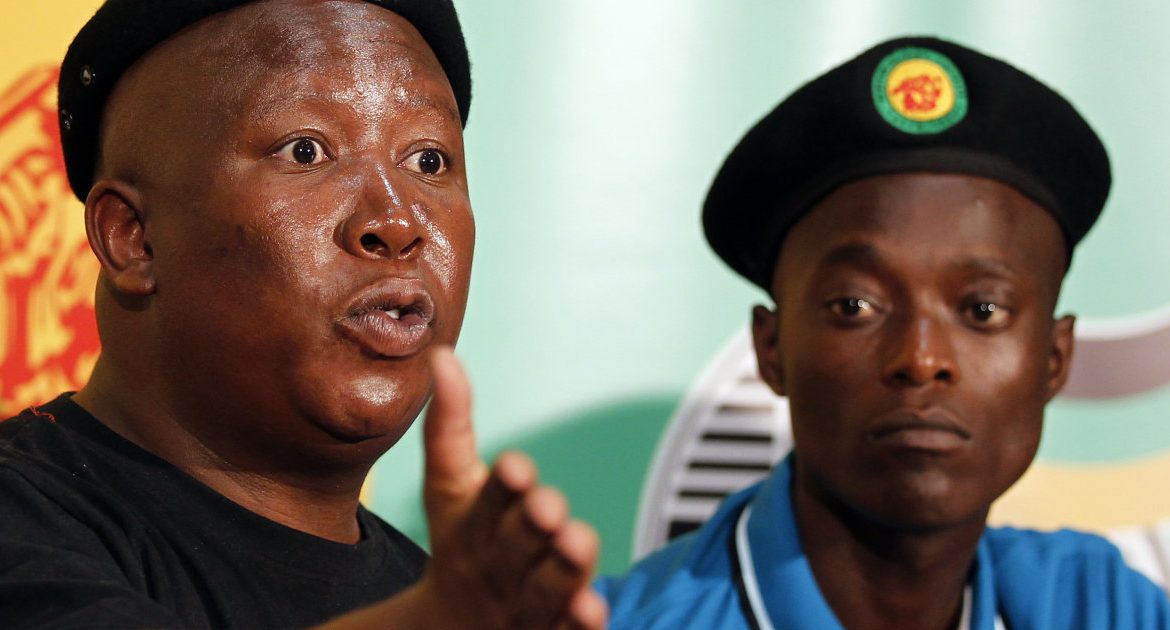This material belongs to: IOL.
Durban – The mayor of the municipality at which slain African National Congress councillor Sindiso Magaqa served on Monday denied that the murder of the former youth league secretary-general had anything to do with corruption.
Umzimkhulu mayor Mphuthumi Mpabanga appeared before the Moerane Commission investigating political killings in the province where he slammed the testimony and documentation provided to the commission by Mgaqa’s friend, Thabiso Zulu.
“There is a well orchestrated conspiracy directed at the municipality,” said Mpabanga, adding later that certain individuals had been “collaborating internally and externally to discredit the municipality’s existence”.
He said that in 2016 the municipality “was regarded as one of the best in KwaZulu-Natal by the premier” and was also commended on having the best municipal manager.
“From 2011 up to the present time, there has been proper and regular financial management of the affairs of the municipality,” he said, and although the 2016/2017 audit had not yet been performed, Mpaganga said he was not expecting it to “regress”.
The “portfolio of evidence” indicating sound financial management included trophies and certificates from the Department of Cooperative Governance and Traditional Affairs and the premier’s office, he said.
The area has seen three deaths this year that are suspected of being politically motivated. Municipal speaker Khayalethu Thobela was shot in April, councillor Mduduzi Shibase was gunned down in May and Magaqa was shot multiple times in July but only died of his wounds in September.
Magaqa’s colleagues, Nonsikelelo Mafa and Jabu Mzizi, were wounded in the attack but both survived and have since been given personal protection which is paid for by the municipality.
Mpabanga said he needed to “emphasise” that the municipality did not believe that the murders or attempted murders were related to allegedly corrupt activities surrounding the building of the Umzimkhulu Community Hall, as Zulu had testified when he appeared before the commission in October.
Zulu told commissioners that Magaqa had uncovered corruption surrounding the building of the hall that included irregularities in awarding of tenders to construction companies. He said that because Magaqa was going to expose the officials involved, he had been assassinated. Zulu also said that Magaqa had given him copies of documentation that detailed the alleged corruption.
Mpabanga placed the blame for the murders on warring factions in the ANC’s Harry Gwala region that began to surface prior to the 2016 local government elections.
He said the discontent started to manifest when Zamo Nxumalo was elected chairperson of the region, beating Thobela, who was supported by the majority of the branches in the area.
Mpabanga detailed changes made to candidate nomination lists that altered the wishes of branches and the community. “Many of those chosen as first candidates didn’t emerge due to manipulations of the list,” he said.
Instead, those chosen were Nxumalo supporters, whose names also emerged as councillors for the local government elections “which led to factions in the council” and increased instability and violence in the regional ANC.
The commission continues until Friday and then breaks until 15 January, when it returns to Durban.


